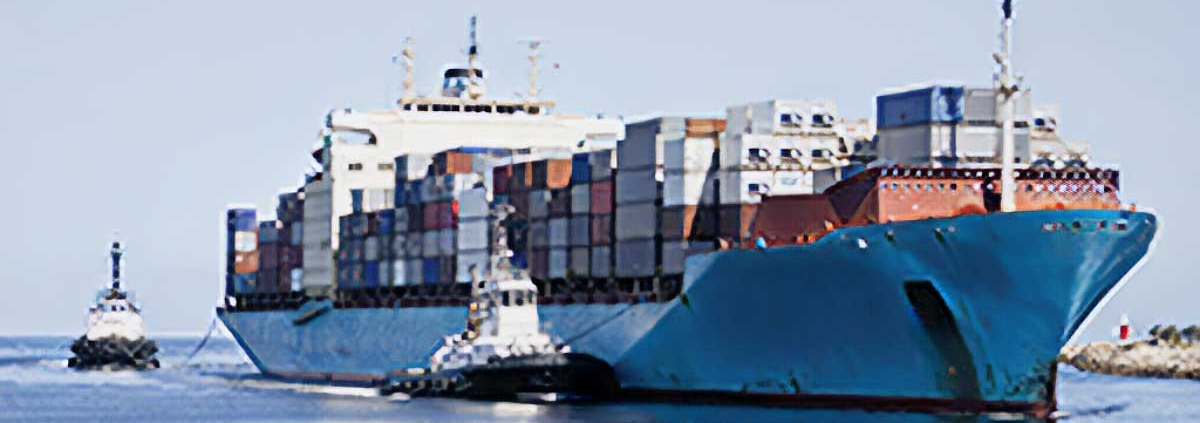Australian research tackling the risk of importing goods in sea containers
Throughout 2021, the PBRI has scheduled a series of workshops on high priority plant biosecurity issues, with the first being held last week on 25 February on the serious problem of global sea container hygiene.
Fifty Australian researchers, regulators, and R&D managers came together to discuss potential research options to strengthen biosecurity measures for sea containers.
The participants included DAWE, B3 NZ, Chevron, CEBRA, CSIRO, University of Canberra, Iugotec, Intelligent System Design, the University of Sydney, Murdoch University, PHA and the Rural RDCs.
The PBRI workshop was opened by Dr Robyn Cleland, Assistant Secretary, Plant Import Operations (DAWE), who introduced the topic, describing efforts the department is taking to manage this complex problem. Dr Cleland emphasised the need for further novel measures to improve inspection and detection of pests and sustainable treatment methods options.
Approximately 20 million sea containers are in circulation globally, with three million containers imported into Australia each year. Along with these imports, comes the risk of serious pests such as khapra beetle hitchhiking in and on the containers.
In 2020, Khapra beetle was first detected in a consignment of refrigerators imported in a single shipping container. Khapra beetle (Trogoderma granarium) is a serious pest of stored grain and dry foodstuffs worldwide which can cause stored grain losses of up to 75 per cent from direct feeding. Khapra beetle is exotic to Australia. If it were to become established here it would pose a serious threat to Australia’s grains, dried fruit and nut industries.
At the workshop, a range of presentations from researchers included container risk profiling methods, novel pest detection technology and new treatments as potential alternatives to methyl bromide.
The Department of Agriculture, Water and the Environment is part of an ongoing international collaboration through the QUADS Sea Container Working Group and the IPPC’s Sea Container Task Force.
The next steps from the workshop will be to explore the research presented in more detail to improve container hygiene and reduce the risk of importing hitchhiker pests such as Khapra beetle.

